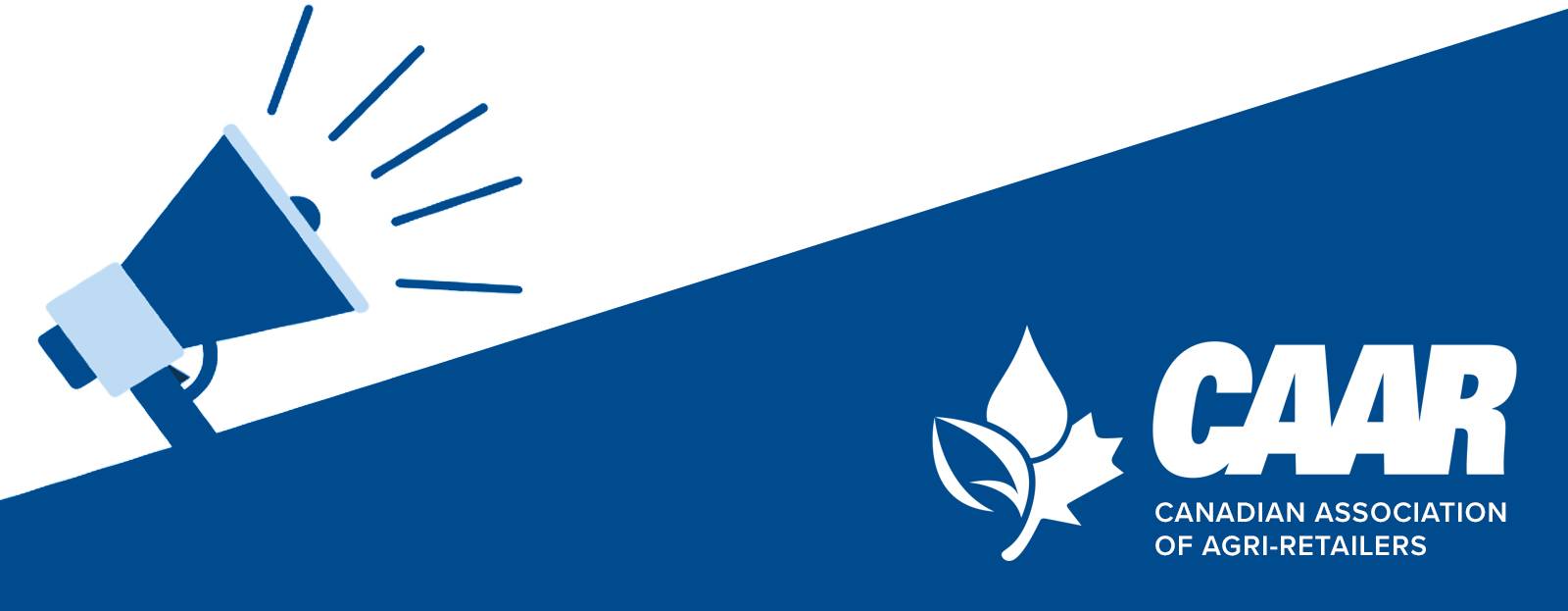
What impact will this have for agriculture?
CAAR has a number of questions:
- What is the end goal?
- How will Canadian farmers evolve?
- What is the investment exposure?
- What are the risks to Canada’s reputation of high quality and reliable producer of agriculture products?
- Does the strategy strengthen or weaken the long term Canadian agriculture industry goal of $75 billion in agri-food exports by 2025?
- Is synthetic fertilizer a significant contributor to GHG’s compared to like industries or alternative production methods?
- Was the data provided based on models or actual field data replicated over multiple years and conditions?
- Is the mandate lead by sound science or ideology utilizing cherry picked science supporting the call to action?
These are all questions CAAR will be asking on behalf of members as feedback on the document is prepared.
CAAR is disappointed to see the timing of the process. AAFC has requested comments to the discussion paper by June 3. Town hall information sessions will be held the first week of April – which is, of course, the busiest time of the year for most Canadian farm operations.
CAAR is encouraging all agriculture stakeholders to take note and provide input. CAAR has begun to reach out to recognized Canadian soil science representatives for perspective and will develop an information resource to support you in your input to AAFC.
For more information or to discuss concerns about the discussion document, please contact CAAR’s Executive Director Mitch Rezansoff or (204) 989 9303.

